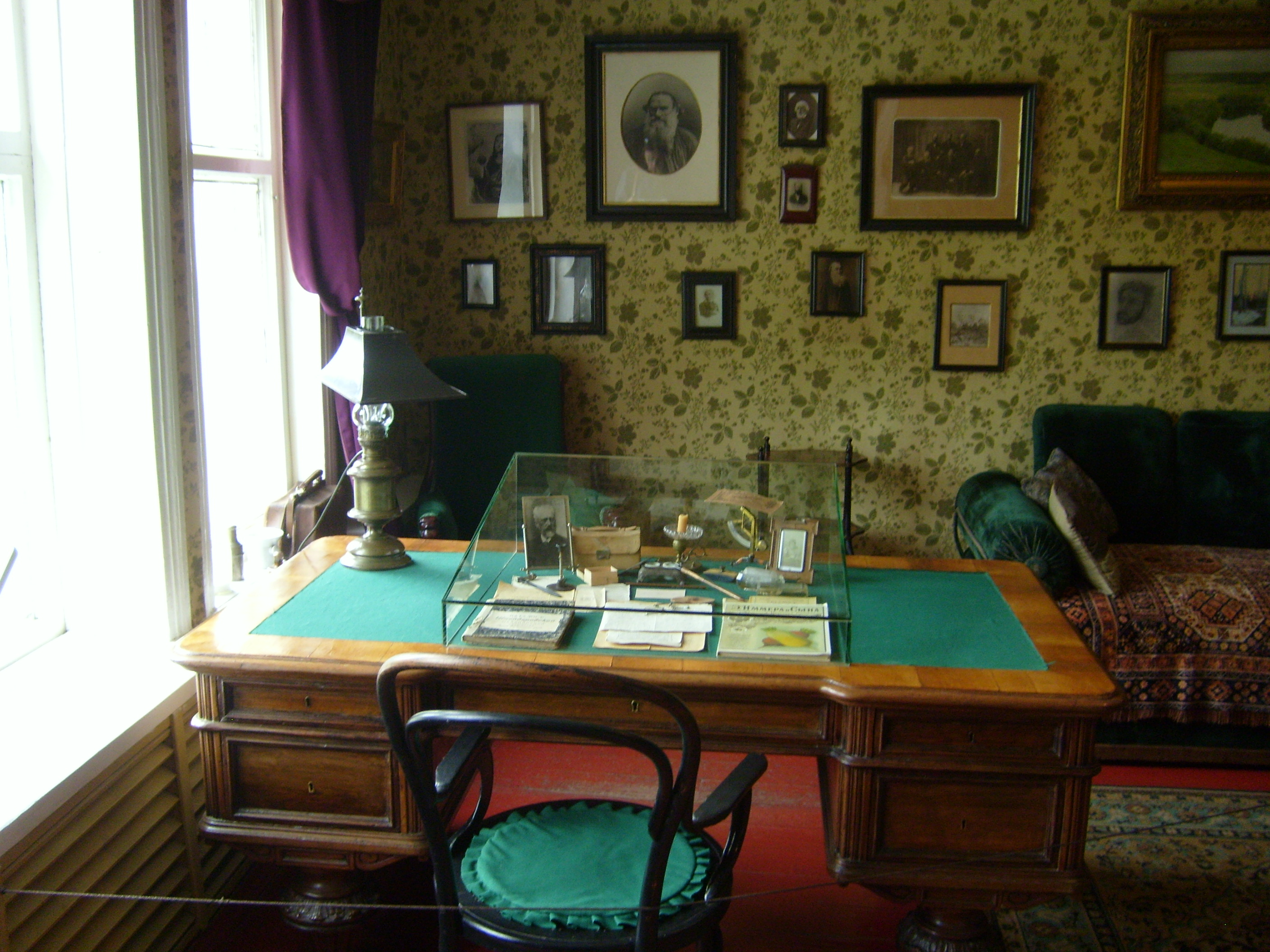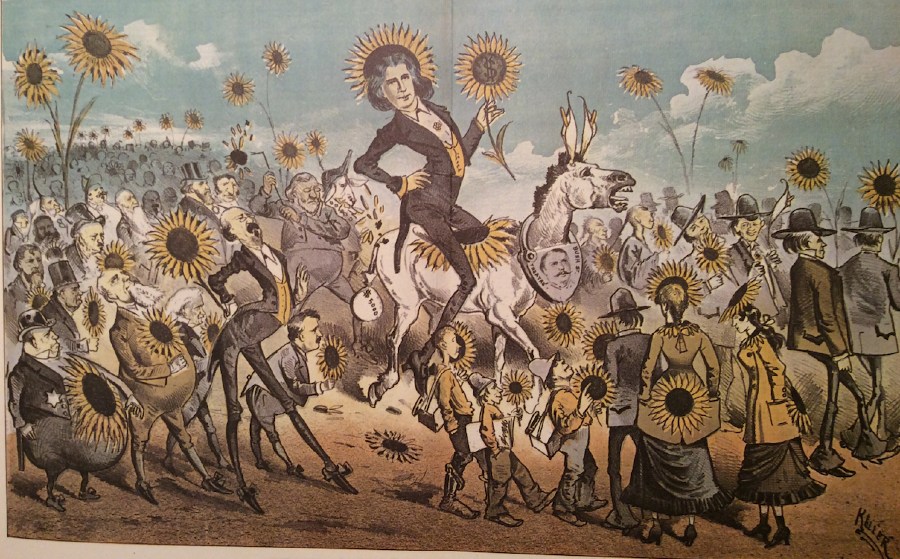.jpg) |
| Luigi Silori and Italo Calvino (1958). Photo by Duccio55, CC BY 3.0 via Wikimedia. |
 Why Read the Classics? by Italo Calvino
Why Read the Classics? by Italo CalvinoMy rating: 5 of 5 stars
A classic work is a work which (like each of Calvino's texts) retains a consciousness of its own modernity without ceasing to be aware of other classic works of the past.
Reading a classic must also surprise us, when we compare it to the image we previously had of it. That is why we can never recommend enough a first-hand reading of the text itself, avoiding as far as possible secondary bibliography, commentaries, and other interpretations.
When we reread the book in our maturity, we then rediscover these constants which by now form part of our inner mechanisms though we have forgotten where they came from.
A classic is a book which even when we read it for the first time gives the sense of rereading something we have read before.
A classic does not necessarily teach us something that we did not know already; sometimes we discover in a classic something which we had always known (or had always thought we knew) but did not realise that the classic text had said it first (or that the idea was connected with the text in a particular way). And this discovery is also a very gratifying surprise, as is always the case when we learn the source of an idea, or its connection with the text, or who said it first.
The contemporary world may be banal and stultifying, but it is always the context in which we have to place ourselves to look either backwards or forwards (p. 8).
...as though he were shrugging his shoulders because everything is already clear and is not worth expending any more words (p. 263).
...feel on the same level as he is, as they were about to play a round of cards with friends... [yet such a writer] is in reality someone with a cultural background that can never be fully explored, the background whose implications and presuppositions, explicit or implicit, one can never exhaust (p. 246).
 Donate
Donate
































